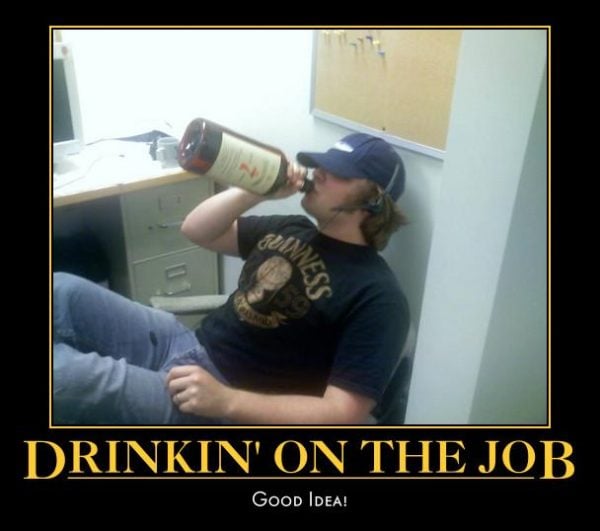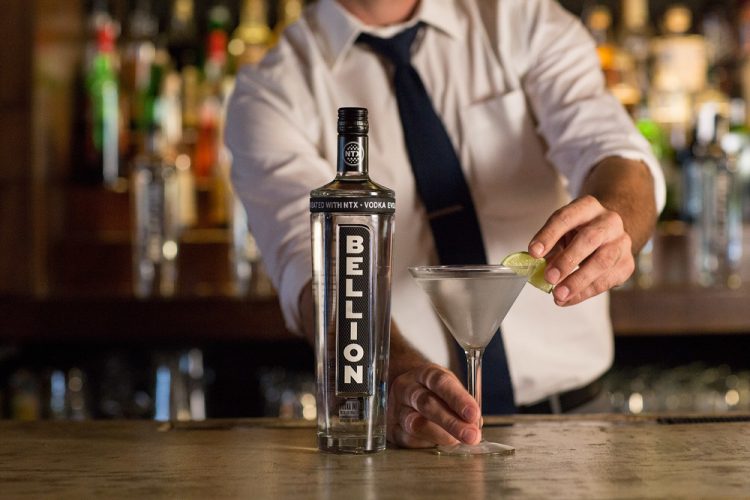Sisun Lee used to work as an engineer at Elon Musk’s Tesla Motors. Many would call that a dream job, and he loved it, but he decided to walk away so he could focus on a higher goal – giving the world a hangover cure that works.
Lee, who previously worked as a product manager for Uber and Facebook, says he got the idea for “Morning Recovery”, his science-based hangover cure, about a year ago, after a vacation in his native South Korea. He and his friends spent most of their time partying and getting drunk, but thanks to the traditional anti-hangover drinks his buddies gave him after a wild night on the town, he always woke up feeling great. He was fascinated by their effect, and started looking for similar products as soon as he got back to the United States.



















